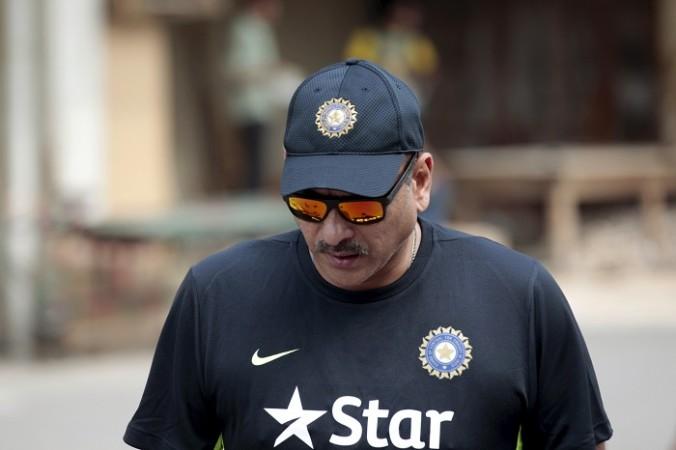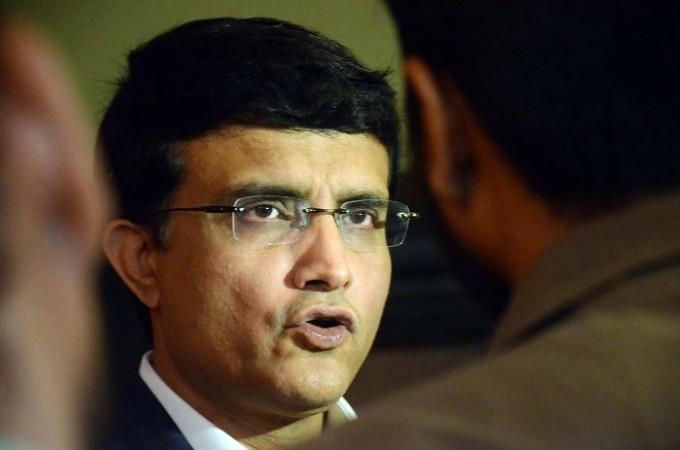Ever since the Cricket Advisory Committee (CAC) interviewed five candidates for the India coaching job on Monday, the issue has been surrounded a lot of drama. It was learned on Tuesday, late night, that Ravi Shastri will be the next coach for the India team.
The night passed off fine, and there was no time for any of the officials to react nor Ravi, but controversies have started to flow thick and fast in the last couple of days. The situation was embarrassing, especially with the personal battle between CAC member Sourav Ganguly and Ravi taking centre stage.
They have different opinions on the appointment of Zaheer Khan as bowling coach, now being said to be a bowling consultant. CAC, and more importantly Sourav, wants Zaheer while Ravi wants to bring in Bharat Arun as bowling coach.
This has led to an embarrassment of all sorts with India cricket resembling a circus of controversy where most fingers seem to be pointing towards Ganguly and Shastri. But, is it really right to blame the two former cricketers for the current fiasco?
If one looks closely and analyses things, it is the Supreme Court-appointed Committee of Administrators (COA), who is to be blamed for making this India coach episode into such a mess.
Why is it right to blame COA?
After the interview process of the five candidates got over, the CAC came to a common conclusion on Monday evening stating that they were in no hurry to appoint the future coach of the Indian team.
Ganguly, during the press briefing, made it clear that they wanted to meet Virat Kohli after he returns to India, and speak to the captain before making the final call on the matter. The CAC was spot on. They had to take Kohli into confidence before taking a call on such an important appointment, especially after the last coach Anil Kumble and Kohli had a bad fallout.

So, it was understood that the CAC wanted to meet Kohli in person, and discuss at length about various things. But, on Tuesday, the COA felt that with the CAC members, who were expected to make the official announcement in the coming days, already having made the decision on the coach were asked to announce it by Tuesday evening.
With such a statement from the COA, there was pressure on the CAC. Reportedly, they called up Kohli and arranged a video conference and it was after consulting the skipper that Shastri's appointment was made official late Tuesday evening. This must have been done in haste, and one is not sure of the sort of communication, or the duration of the conference between the CAC and Kohli. Did they even get the right message across? Were the right things discussed?
CAC wanted to meet Kohli and speak about the India coach appointment in person, which did not happen. Speaking via a video conference and in person are two different things. People may not be able to express themselves on video as they would like to in a face-to-face conversation.

As a result, they might not have been able to talk about the nitty-gritty details about the job, and especially about Zaheer Khan and his role, which is the bone of contention for the latest episode in India cricket. Had CAC been given time to speak to Kohli in person, the recent controversy could have been avoided.
"The CAC wanted some time before announcing the coaches. They wanted to have everyone on board. But the COA got involved and rushed the announcement," BCCI official told TOI.
Had the COA not rushed things, and allowed Kohli and others to meet after he came to India, may be, a solution could have been worked out that would keep everyone happy.








